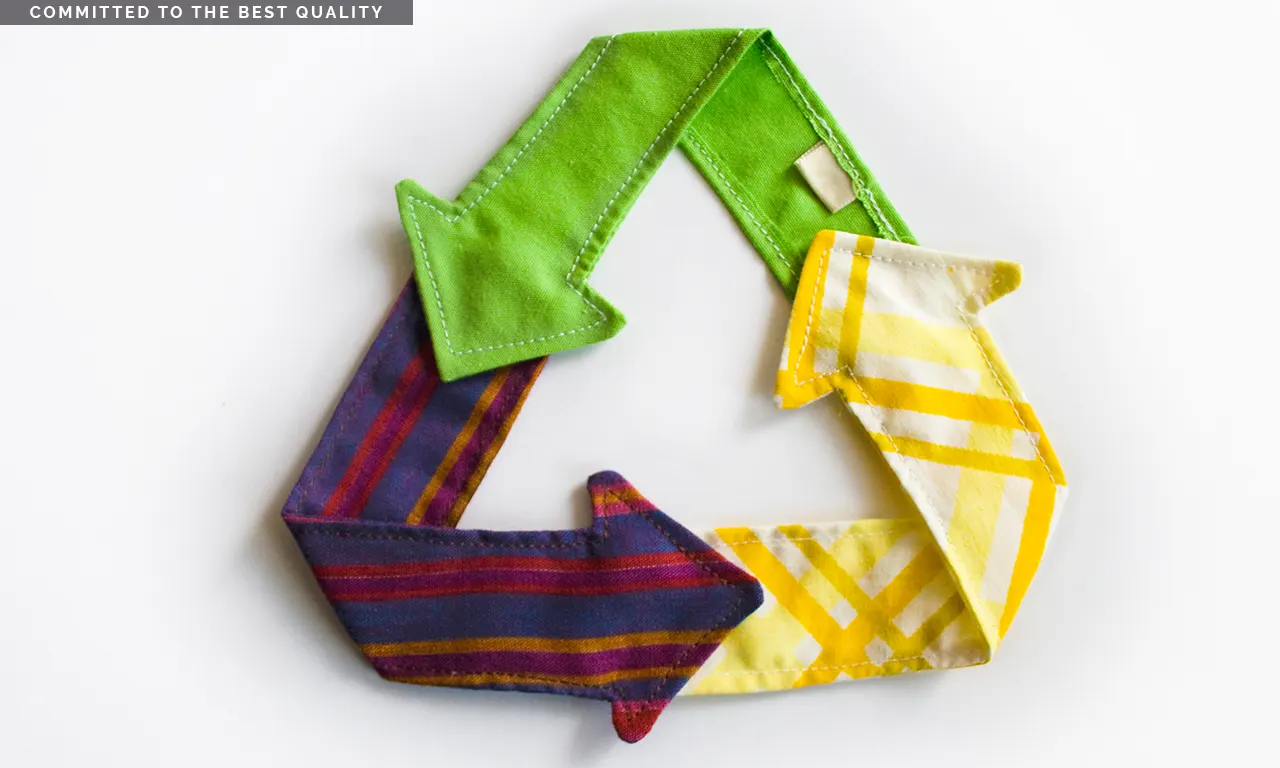
Here are some recycling impacts in the Ready-Made Garments (RMG) industry:
❐ Resource Conservation: Recycling in the RMG industry conserves valuable resources such as cotton, polyester, and other materials used in garment production. This reduces the need for extracting new raw materials, minimizing the industry's impact on the environment.
❐ Waste Reduction: Recycling diverts textile waste from landfills and incinerators, reducing the amount of waste generated by the RMG industry. This helps minimize environmental pollution and promotes a more sustainable waste management system.
❐ Energy Savings: Recycling textiles requires less energy compared to producing new materials. By recycling textile waste, the RMG industry can save energy throughout the recycling process, including collection, sorting, and reprocessing of materials.
❐ Water Conservation: Recycling textiles consumes less water compared to the production of virgin materials. By incorporating recycled materials into garments, the RMG industry can reduce its water footprint, contributing to water conservation efforts.
❐ Emissions Reduction: Recycling lowers greenhouse gas emissions associated with the production of new textiles. By using recycled materials, the RMG industry can reduce carbon dioxide emissions, as recycling generally requires less energy compared to manufacturing new textiles.
❐ Landfill Impact Reduction: Textile waste, if not recycled, often ends up in landfills, taking up valuable space and contributing to environmental pollution. By recycling textile waste, the RMG industry can reduce the burden on landfills and help preserve land for other purposes.
❐ Job Creation: The establishment of recycling facilities and the growth of the recycling sector within the RMG industry can create new employment opportunities, supporting local economies and contributing to job creation.
❐ Circular Economy Promotion: Recycling fosters the development of a circular economy in the RMG industry, where materials are continuously reused, recycled, or repurposed. By incorporating recycled materials into their products, RMG companies can contribute to the circularity of resources, reducing the industry's reliance on virgin materials.
❐ Innovation and Research: Embracing recycling in the RMG industry encourages innovation and research into new recycling technologies, techniques, and processes. This can lead to the development of more efficient and sustainable recycling methods, benefiting the industry as a whole.
❐ Consumer Engagement: Recycling initiatives and the use of recycled materials can enhance consumer engagement and loyalty. Many consumers today actively seek out sustainable and eco-friendly products. By promoting their recycling efforts, RMG brands can attract environmentally conscious consumers and strengthen their market position.
Here are some of the ways in which the RMG industry can promote recycling:
- Educate factories and consumers about the importance of recycling: This can be done through workshops, seminars, and other educational initiatives.
- Reduce the cost of recycling: This can be done by negotiating better prices with recycling companies and by developing new recycling technologies.
- Improve the infrastructure for recycling: This can be done by building more recycling centers and by providing financial support to recycling companies.
By taking these steps, the RMG industry can help to reduce waste, conserve resources, protect the environment, and create jobs.
These recycling impacts in the RMG industry demonstrate the potential for a more sustainable and environmentally responsible approach to garment production and waste management.
Leave a Reply
Your email address will not be published.

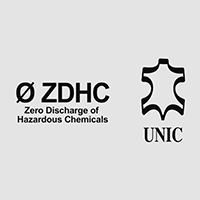
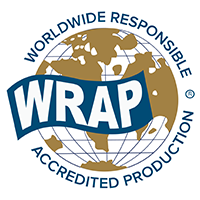






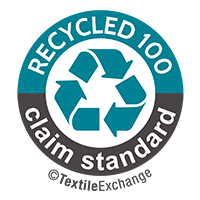

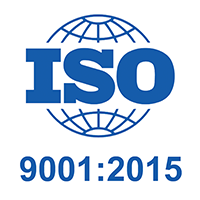






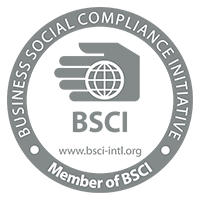



Comments
0 Comment